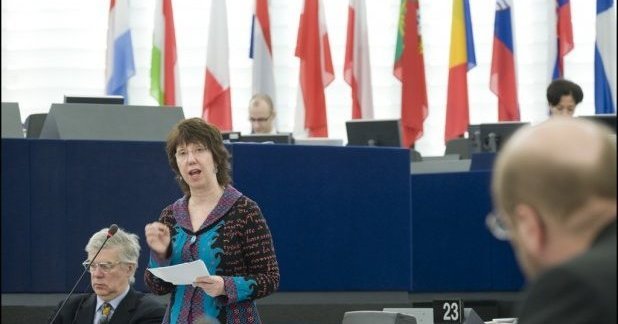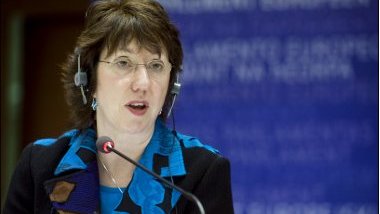All had started so well…
There was reason to be positive. The proposal of 25th March, which High Representative Catherine Ashton had based on the French model that presented a clear intergovernmental and national understanding of the Service had been highly criticised by the Members of the European Parliament. A counterproposal was even presented. The European Parliament even threatened to cut the entire budget for the service in case the Council would not listen to its demands. After all, the Parliament’s agreement is needed for the budget of the External Service, however not for its realisation.
At the centre of critique was the fact that Directorates General (non elected civil servants) would be Lady Ashton’s deputies. In such a Service, in which the High Representative is certainly travelling much, this would have meant the weakening of the politicians as actors. Instead, the Parliament requested those Commissioners that are in the broadest sense responsible for foreign policy (namely the Commissioners for enlargement, development or humanitarian aid) to be Catherine Ashton’s deputies.
Yet another compromise!
The Council listened to the Parliament’s concerns and the Spanish Presidency of the Council presented a compromise in June. Now, due to other Commissioners recommendations, Ashton’s deputies only follow the foreign minister of the country, which currently holds the Council Presidency in rank order. On 6th July, the European Parliament accepted this compromise.
The national governments are in this hierarchy, clearly above the Commission – for us as federalists this cannot be an acceptable solution. Furthermore, the three Directorates General are not going to disappear and their decisive role in the future is secured. The number of staff within the service that comes from the Commission falls short of its expectations: Officially it should be 60% staff from the European institutions. This, however, does not mean exclusively Commission staff but also Council staff who naturally, given their background, will focus on the basic approach of their home country. This is yet another reason why we should worry about the alignment and operating principles of the European External Action Service.
The national governments are in this hierarchy, clearly above the Commission – for us as federalists this cannot be an acceptable solution
What long-term developments?
The European Parliament can in future only pressure appointments of new civil servants for the Service with its annual veto. Though it is important to agree to compromises with the Council, our MEPs should in future ensure that the European External Action Service is in the long term replacing the national services and not strengthening them.







Follow the comments: |
|
